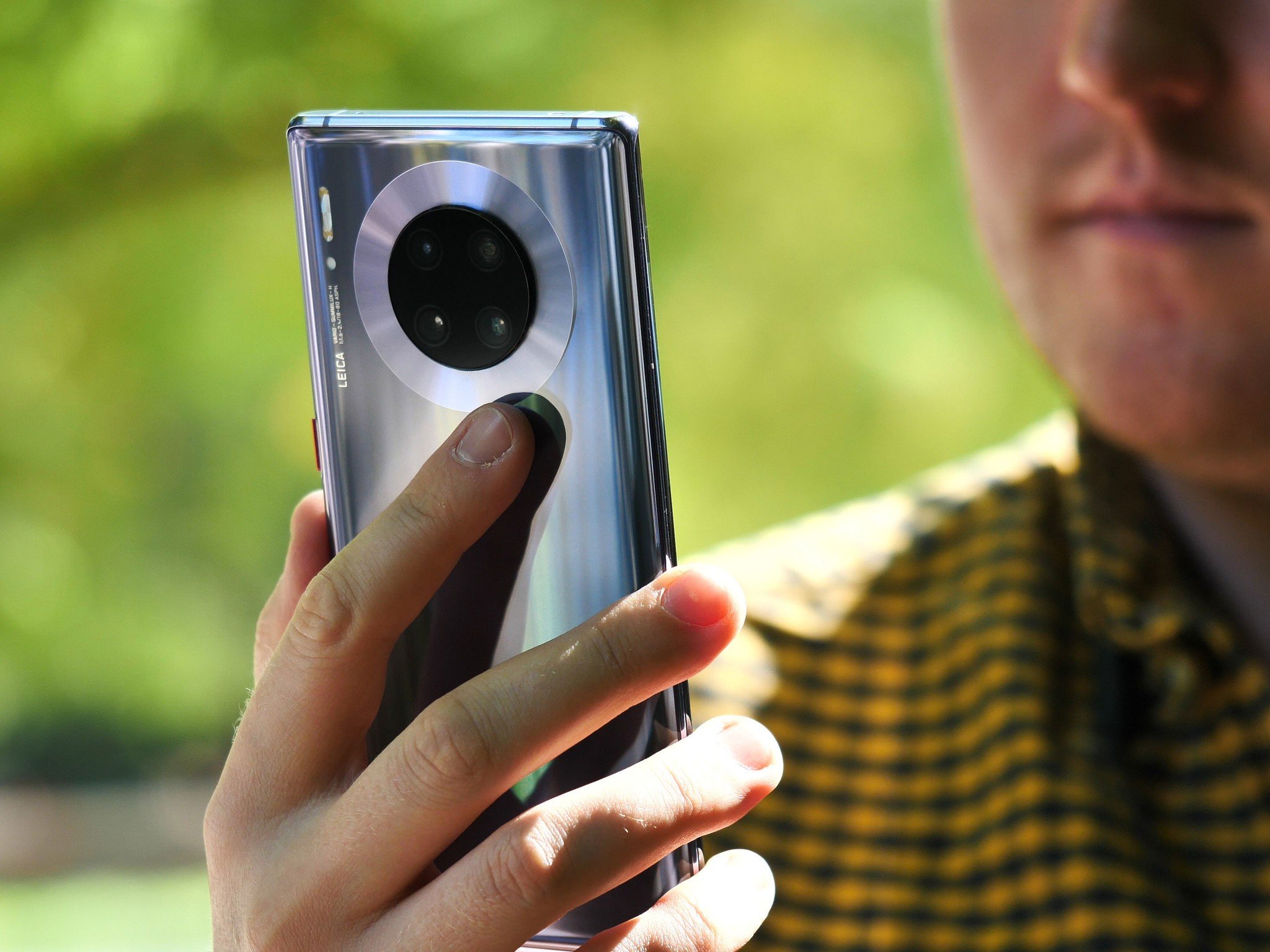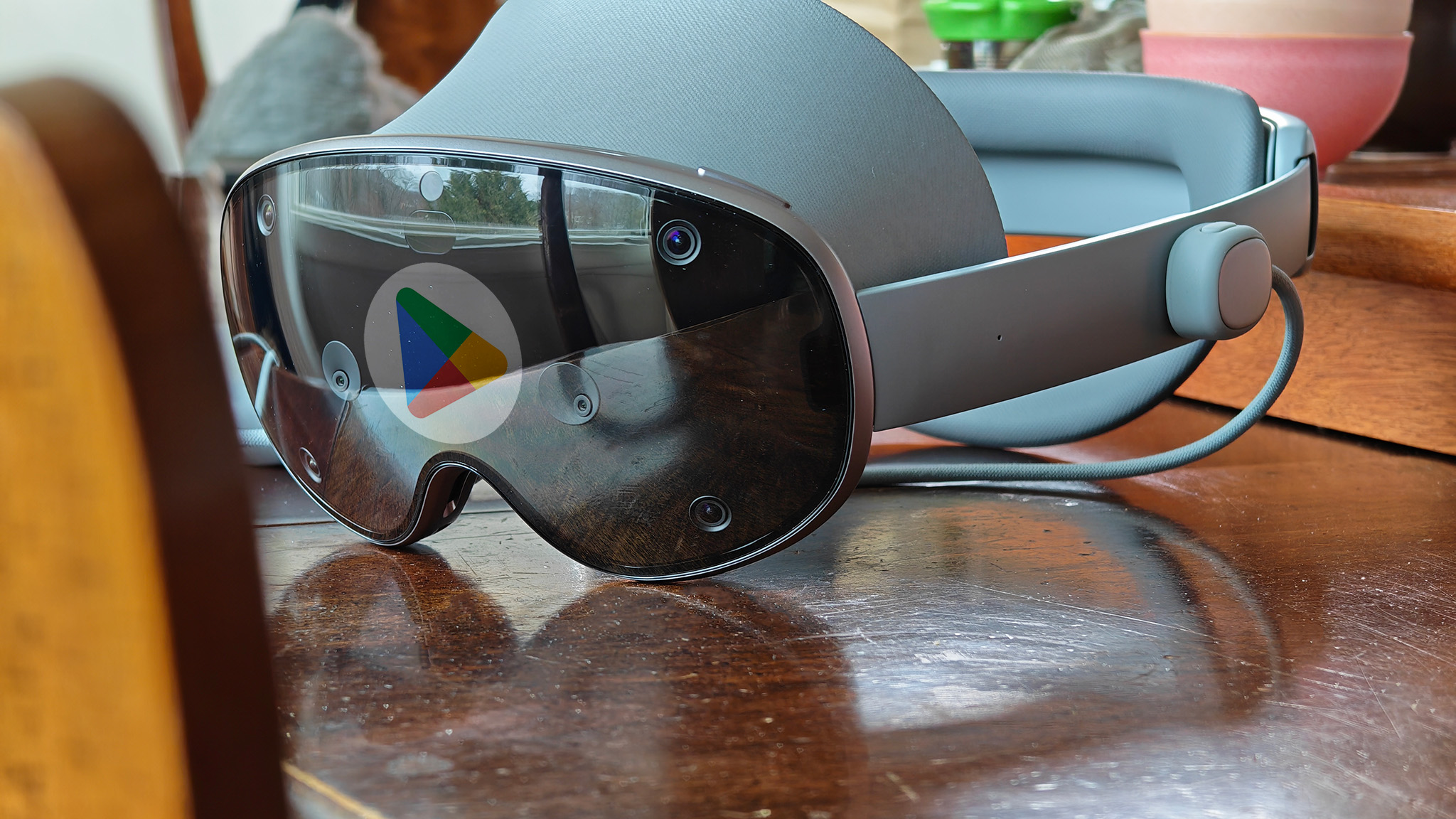Huawei needs Google more than Google needs Huawei

Get the latest news from Android Central, your trusted companion in the world of Android
You are now subscribed
Your newsletter sign-up was successful
Huawei makes some incredible phones. My somewhat limited exposure to the brand as a U.S. resident reinforces what everyone who has one tells me: they are one of the best phones you can buy. When any brand gets this kind of praise, it has to be pretty darn good products.
Unfortunately, because of other equipment Huawei makes, namely telecom gear and 5G base stations, the company has come under fire from the U.S government and now Huawei is unable to share or buy any technology from another company that does business in the United States. That means none of the closed source bits in Android that power Google's services.
More: Huawei Mate 30 Pro review: The best phone you shouldn't buy
This led Huawei, who has giant pockets filled with money, to strike out on its own and make its own services framework and app distribution model. The Mate 30 Pro was the first Android flagship phone from the company that shipped without Google services, and it sold well in China. But of course, it tanked everywhere else once it was released to a broader audience.
That's because people need or want Google's services more than they need or want a Huawei phone. Android flagship phones are all so good that the idea of buying one without Google Maps or Google Photos or any of Google's other services seems silly. Especially when flagship phones are all priced so high.
Would you buy a phone without the Gmail app when others are as good and do have it?
In other words, Huawei needs Google More than Google needs Huawei. That means when Huawei's Austrian manager Fred Wangfei said that the company does not have any plans to go back to using Google's services, even if the U.S. government decides to lift the trade ban it was a ridiculous statement; one which has now been walked back by Huawei itself:
An open Android ecosystem is still our first choice, but if we are not able to continue to use it, we have the ability to develop our own.
This tempered response makes more sense, and Huawei should be working on its own solution. The company is capable of creating its own services framework that developers can use to build a rich app ecosystem. Too bad that isn't going to happen because developers do what they do to make money. It's their day job in most cases and spending time to build yet another version of the same app for a phone that isn't going to sell well in western markets doesn't sound very profitable.
Get the latest news from Android Central, your trusted companion in the world of Android
People rely on Google services even if they don't like to do it. Almost everyone uses Gmail — which includes Google Calendar and Google Drive — or Google search. That's because they are great products, and getting a customer to switch to a Huawei equivalent isn't going to be easy. People love and hate Google at the same time.
Google does need Huawei as a strong partner. Just not as bad as Huawei needs Google.
This is not to say Google doesn't need Huawei. The two are very close partners in a lot of ways and I'm sure Google loves the idea of having any phone maker challenge Samsung for brand dominance lest Samsung decides to play hardball. No software company wants to rely on just one OEM to distribute its platform and even Microsoft has realized that hooking up with Google is a good idea.
I certainly hope the U.S. government and Huawei can come to some sort of agreement that allows phones to use Google's software and be sold through regular channels in the states. But if that never happens, Huawei isn't going to ever live up to the potential it has just a year ago and become the biggest Android phone seller.
All I want is to be able to buy a Mate 30 Pro and have everything just work.
That's a shame, really. Having Huawei and Samsung duke it out to get to the top and stay there means better products with great ideas for the rest of us. But no matter what happens, Huawei phones are never going to sell in the West without Google in them.

Jerry is an amateur woodworker and struggling shade tree mechanic. There's nothing he can't take apart, but many things he can't reassemble. You'll find him writing and speaking his loud opinion on Android Central and occasionally on Threads.
